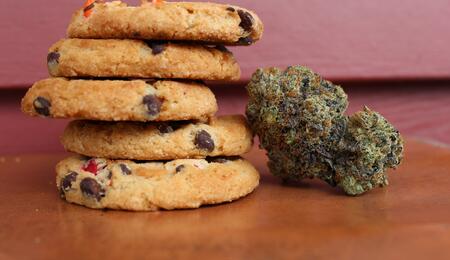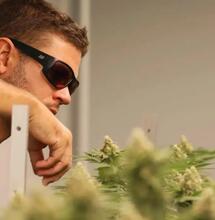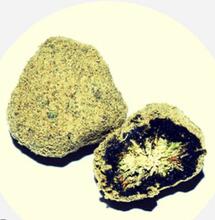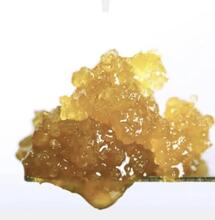What are Edibles?

Edibles are food products that contain cannabis, including baked goods, candies, chocolates, and beverages. You can buy ready-made edibles or make your own in oils, butter, brownies, and ice creams.
Edibles are popular for both medicinal and recreational cannabis users. Many people consider edibles a safe and discreet way to take cannabis. There are, however, still risks that people should know about.
Edibles typically provide the same benefits as other forms of cannabis. People ingest them to achieve effects like relaxation or to ease conditions like chronic pain.
The effects of edibles will depend on the dose. However, consuming too much cannabis via edibles is easy and can cause negative effects, including nausea and vomiting. There are beneficial effects, however.
Relaxation and Anxiety
Cannabis contains THC, the chemical responsible for the psychoactive effects of cannabis. Research suggests that THC can cause feelings of relaxation and euphoria. Cannabis also contains the compound cannabidiol (CBD), which has anti-anxiety effects.
Pain management
CBD may also have pain-relieving and anti-inflammatory properties, making it a popular treatment among those who experience chronic pain.
Conditions that can be treated with edibles include:
- arthritis
- cancer pain
- fibromyalgia
- neuropathic pain
- Muscle spasm control
Medicinal cannabis may also be used to control muscle spasms.
Research indicates that some people can experience significant improvement in muscle spasticity when they take cannabis.
Antiseizure effects
Research has found that CBD can improve seizure control in those with specific epilepsy syndromes. CBD has also exhibited antiseizure effects, which indicates it could be a possible treatment for epilepsy. However, more research is required before people with epilepsy consider treating themselves with cannabis.
Other effects
Edibles may also treat issues, such as appetite loss and weight loss, for cancer patients.
Side effects
While edibles are a fantastic discreet, tasty way to consume cannabis, they are not without any risk. Regular cannabis use may have adverse impacts on the following:
- brain development and function
- heart health
- cognition and memory
- psychiatric healthiness
Long-term cannabis can be incredibly challenging in adolescents, raising the risk of schizophrenia and learning and memory.
Interactions with medications.
Edibles and other forms of cannabis may interact with alcohol and medications like blood thinners. These exchanges may intensify THC's effects or interfere with the medication's actions.
Overdose
Overdose is a considerable risk when it comes to cannabis edibles. Concentrations of THC will vary quite widely in the case of store bought product.. As a result, it is hard for people to know how much they are consuming.
It is difficult to accurately pinpoint the strength of THC in homemade edibles. Edibles also take considerably longer to have an effect than other consumption methods like smoking. The effects when smoking cannabis take minutes to occur; in comparison, edibles take anything between 1–3 hours. Individuals may consume more significant amounts of the drug while waiting for the effects to begin, thinking they need more. As a result, overdose symptoms from edibles may often be more severe than smoking cannabis.
An overdose of edibles can involve:
- paranoia
- nausea
- hallucinations
How do edibles differ from smoking?
Many consider edibles a safe, discreet, and practical way to consume cannabis compared to smoking. Indeed it is true that edibles do not expose users to some of the potentially harmful effects of tobacco.
Cannabis and tobacco smoke appear to have similar toxicity levels, containing various toxins and carcinogens. Cannabis smoke can cause lung inflammation and bronchitis, and there are some links between regular cannabis smoking and several types of cancer.
Consuming edibles doesn't appear to have these effects on lung function or cancer risk, meaning that they may be safer in these ways.
However, edibles do pose other risks, including an increased risk of overdose or accidental ingestion. More research is needed to understand the full effects of edibles and how these compare to smoking cannabis.
When it comes to edibles, the best advice is to always adhere to the recommended dosage and stop ingesting edibles if adverse reactions occur. Always start with tiny doses and wait to feel the effects before deciding whether to increase your dose.










